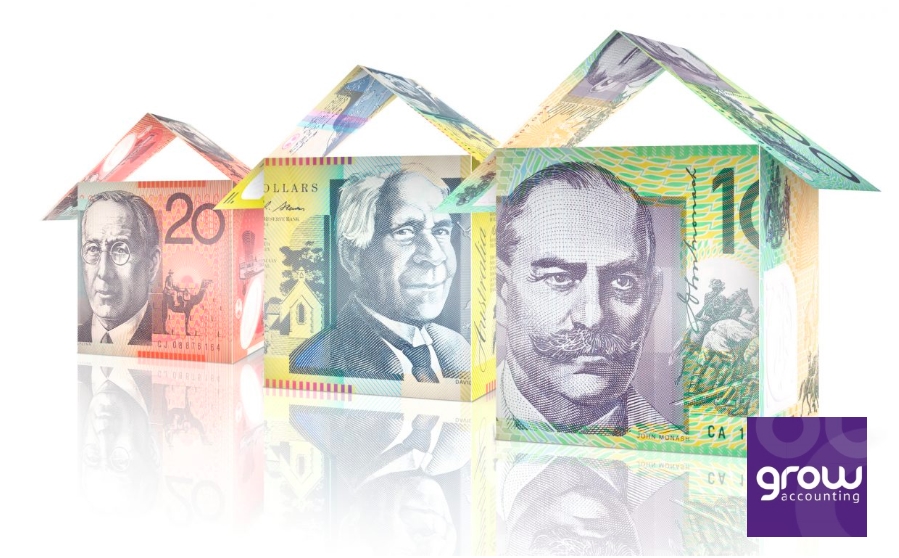
23 Feb GST – The Hidden Property Trap
While most people would have heard about capital gains tax (CGT) in relation to property very few know about goods and services tax (GST) implications on property.
There can be GST implications for both the income received on an ongoing basis (for e.g. lease on a commercial office) and much more complicated is when GST can apply on the sale & purchase of a property.
First off let me get one point very clear if you buy a residential property and your intention was not to make a profit on the sale (e.g. your own home or an investment property) then GST will not apply.
GST on applies to residential properties when you purchase a property or land and your sole purpose was to develop, subdivide or renovate and then sell.
For any other property that is not residential there will be a GST consideration based on factors such as the use of the property, who is purchasing it, who is selling it etc.
Let me give you some examples:
Example 1
You buy a block of land, build an investment house and then sell it within 5 years – did you know you have to pay the ATO some GST on the sale?
Example 2
You buy a run down house and gut the entire house, knock down pretty much every wall, rewire it etc etc. you have now created a new house and have to pay the ATO the GST on sale (if sold within 5 years)
Example 3
You buy a block of flats that are not strata titled and then you get them strata titled. You do not have to pay the ATO GST.
Example 4
You buy a house and immediately subdivide off a back section for sale. You will have to pay the ATO GST on the sale of this block.
Example 5
You buy an industrial shed that is not leased & the seller does not elect to use the “going concern” on the contract. You can claim the GST on the purchase price.
Example 6
You buy a commercial office & the lease is for $70,000 per year. Even though you are running a business you are under the $75,000 GST threshold & therefore do not have to register for GST & you won’t charge GST on the lease income.
These are just some of the examples of how GST can affect unsuspecting property transactions.
Unfortunately, not knowing the rules is not an acceptable answer in an ATO audit & the last thing you want is to sell a property & have to hand over the 10% GST component to the ATO from money you thought was yours!
While I can’t go into the intricacies of all the rules here please be aware that GST can apply and seek your accountants’ professional opinion before signing any property contracts or conducting any new transactions.


